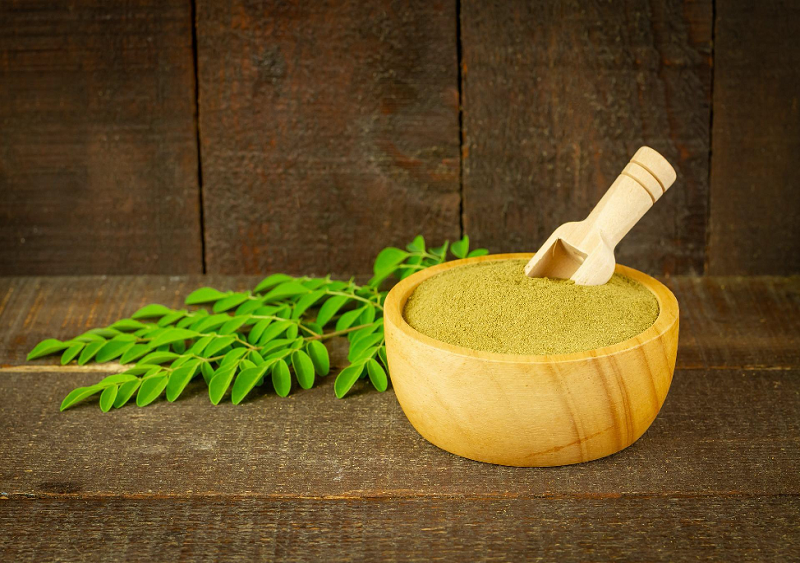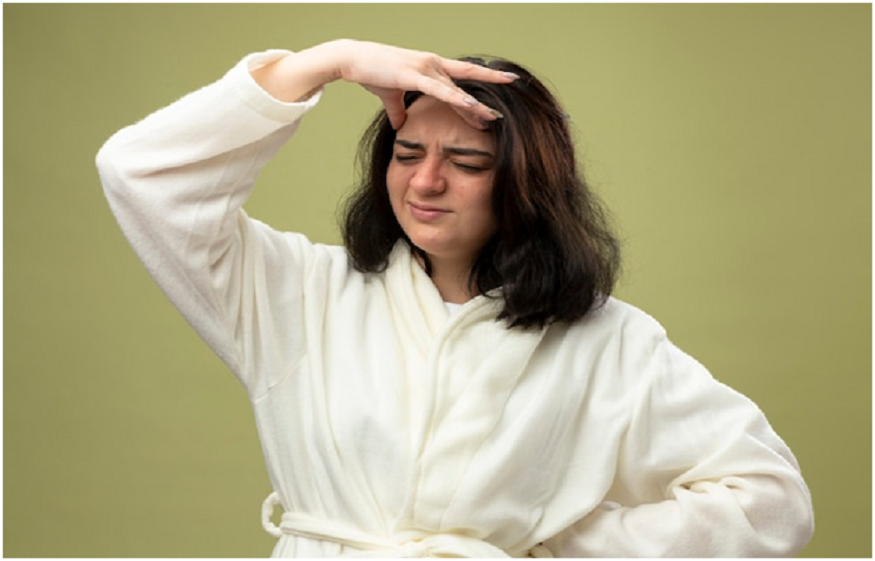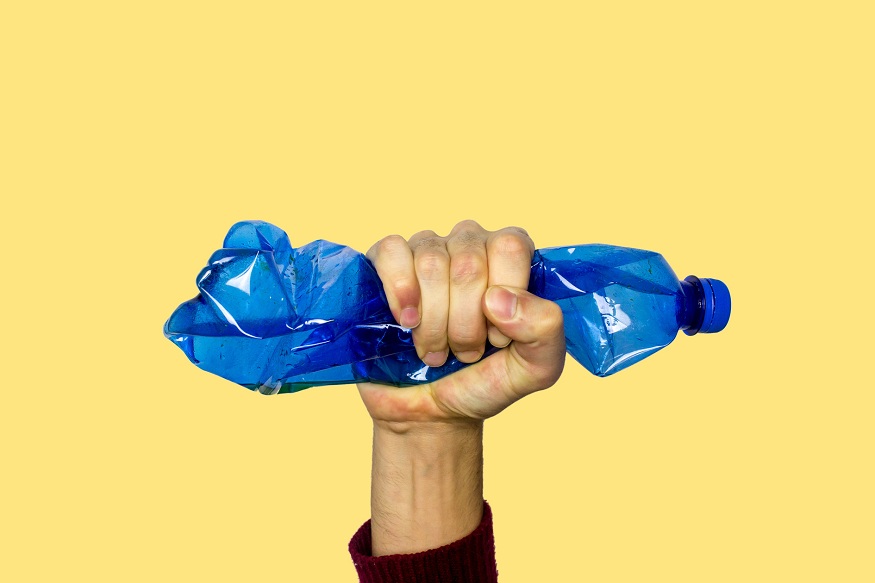Alcohol is historically a scourge that haunts from year to year all interdepartmental road safety reports. Among young people, it is estimated that alcohol is the main cause in 25% of fatal accidents in France (23.8% among 18-25 year olds in 2014 and 27.2% among 25-44 year olds in 2014). At the same time, a study revealed that nearly a third of French people admit to having already driven while having drunk too much. This offense concerns nearly 900,000 points lost out of nearly 12.5 million points withdrawn in 2014. While many urban legends and misconceptions are widely held around drinking and driving, it is time for us to clarify the situation by trying to disentangle the true from the false. Drink coffee or tea, take aspirin or take a cold shower? No, the truth is elsewhere.
How to eliminate alcohol quickly?
There is no miracle method to eliminate alcohol, no grandmother’s remedy. Eliminating alcohol in the blood is a matter of time. From there, either don’t drink, or don’t drive and be driven, or wait. Eating will allow you to delay the effects of alcohol while lowering the maximum level very slightly, but it does not in any way shorten the time to evacuate alcohol. On the contrary, meals slow down the evacuation time of alcohol by the body and the liver in particular.
How long is the wait ?
The time for a glass of alcohol to be ingested in the body is 30 minutes maximum. A glass of alcohol represents on average 0.2g of alcohol per liter of blood, it takes an average of 1h30 to eliminate a glass of alcohol. It will sometimes take more than one night to eliminate the glasses taken on the occasion of a drunken evening, and it will therefore still not be possible to drive in the early morning.
It should be realized that these data are averages, corpulence will have a considerable impact on the concentration of alcohol in the blood. For example, a 50kg woman will have an alcohol level of 0.33g/L 1/2h after drinking a glass of alcohol against a rate of 0.16g/L for a 90kg man.
Young driver: the question no longer arises for you
Since July 1, the alcohol limit for young drivers is 0.2g/L of blood. One could argue by saying depending on body size that it could represent more or less a glass of alcohol.
No, in no case
Very clearly, this limit imposes that you no longer consume alcohol before driving. Young drivers it’s now zero glass of alcohol for you.




